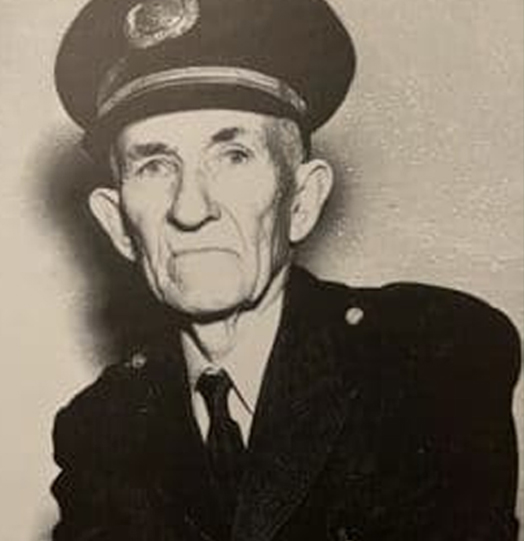The community of Wendell is rich in history and culture. The Museum celebrates Wendell and is run by a group of volunteers who are passionate about preserving the town’s history. The museum has an extensive library of documents and photos that tell the story of Wendell’s past.
Regular Museum Hours
Wednesday / Saturday / Sunday
1 p.m. – 5 p.m.
122 West 2nd Street, Wendell, NC 27591
Step inside the Wendell Museum and enjoy displays showcasing:
A Wendell timeline stretching across three walls and including more than 200 photographs and clippings.
Wendell people who have made notable contributions far beyond Wendell in a variety of endeavors — 11 highlighted.
Early businesses that helped to shape the town — 18 highlighted.
Agriculture, specifically tobacco, which put Wendell on the map, as well as cotton and forestry, which were important in early Wendell.
Veterans, both men and women, who have played an important role in combat, peacekeeping, disaster relief, and humanitarian aid.
Schools, including Wendell School featuring the man known as the “Father of Wendell School,” M.A. Griffin; the two local Rosenwald Schools; small early schools that dotted the area; and a sampling of notable Wendell educators.
Churches – 18 highlighted, all with Wendell addresses (a few in Johnston County), that are more than 60 years old and still active.
Civic clubs and social organizations – 18 currently active clubs and 11 clubs that made important contributions in the past highlighted.
The Wendell Museum has been a longtime goal of the Wendell Historical Society. A major step toward achieving this goal began in 2016 with the reverse raffle fundraiser, which has continued annually. In early 2019, a partnership between the Historical Society and the Town of Wendell led to the purchase of the Alex Wall house as the home for the Wendell Museum.
Beginning in the spring of 2021, the society conducted a capital campaign for design and fabrication of educational displays at the museum. Thanks to the dedication and persistence of many volunteers and supporters, the Wendell Museum is now a reality.

The Wendell Museum is housed in the former home of Alex Wall, longtime Wendell chief of police. Wall (1880-1976) became nightwatchman for the town in the early 1930s and chief of police two years later, serving until his retirement in 1961 at the age of 81. During his years of service, much attention was given to his small stature. At five feet four inches tall and weighing 120 pounds, he was thought to be the smallest police chief in the country.
The Wall family home was purchased and moved from Pine Street to its present location. It continued as a private residence until 2019, when the Town of Wendell acquired the property to assist the Wendell Historical Society in creating the museum. The bricks on this structure were salvaged by Wall when the Rigsbee Hotel, built as the Morris Hotel in 1913, was torn down in the 1960s, thus enhancing the house’s value as a historic landmark.